A Tourism Boom Has Wisconsin's Northern Destinations Scrambling to Keep Up
Businesses in busy summer communities like Minocqua, Bayfield and Door County are racing to serve more customers while also struggling with maintaining enough employees as travel swells in the wake of the pandemic.
July 2, 2021 • Northern Region

Fourth of July fireworks attract a crowded waterfront audience in Minocqua. (Credit: Courtesy of Let's Minocqua Visitors Bureau + Chamber of Commerce)
The Fourth of July is a bustling and booming time for Wisconsin’s tourism industry, and for many areas is the busiest weekend of the summer. But even as business is booming, a perfect storm of a spike in seasonal visitors combined with a worker supply that has been waning for years is leaving multiple communities across the state reaching their breaking point.
“As the summer hits, Fourth of July is here and we’re all kind of just going, holy mackerel,” said Krystal Westfahl, executive director of Let’s Minocqua Visitors Bureau + Chamber of Commerce. “We haven’t been able to take a breather.”
Westfahl reiterates what others in Wisconsin’s tourism industry are saying, that the season started much earlier in 2021 and is continuing to pick up its pace.
“The numbers of people that we’re seeing are far exceeding anything we’ve had in the past,” said David Eades, executive director of the Bayfield Chamber & Visitor Bureau. “This would normally be the weekend that we really take off for the season, but we’ve been in the season for at least six weeks now.”
“It’s so busy already. How much busier can we get?” said Cristina Jones, who bought Fish Creek Market in Door County with her husband in March 2020, right at the onset of the COVID-19 pandemic. “This year we’ve just seen exponential growth.”
This trend of booming tourist traffic, particularly in the state’s Northwoods, started during the pandemic.
“We thought it was going to be a complete shutdown and we saw the exact opposite,” said Westfahl. “Everyone wanted to socially distance in the north.”
The Wisconsin Department of Tourism shared a statement about the boom. “Travelers are getting revenge on missed vacations and reconnecting with friends and family,” it read.
While tourist communities are quick to express gratitude for the added business, a lack of available labor, particularly seasonal workers, has accelerated an existing and complicated problem.
“This year has been exceptionally worse,” said Westfahl about businesses having trouble finding workers in the Minocqua area.

Fourth of July parade participants and observers crowd a street in Minocqua. (Credit: Courtesy of Let’s Minocqua Visitors Bureau + Chamber of Commerce)
The Wisconsin Department of Natural Resources saw this pinch filling seasonal positions in many northern Wisconsin counties.
“Although staffing will continue to be a challenge statewide for the remainder of the year, the decrease in applications has not been as dramatic as compared to other service related industries in the private sector,” indicated the DNR in a statement.
DNR Dep. Director Brian Hefty said that visitation to state parks is up 40% compared to numbers from 2019, a record-breaking year for tourism in Wisconsin, and advance campsite reservations are up 20% from 2020.
“Our staff are stretched thin,” said Dep. Director Hefty, and he encourages people to visit lesser-known sites but are “just as much of gems” to help prevent overcrowding.
One of the contributing factors to making 2021 more difficult for employers in tourist communities is the near total stall of the student work travel program, which grants J-1 visas for “work-and-study-based exchange visitor programs.”
The Minocqua area typically gets up to 1,200 J-1 visa students to work in the area during the summer months. Westfahl said she would be surprised if there were even five at the start of the summer.
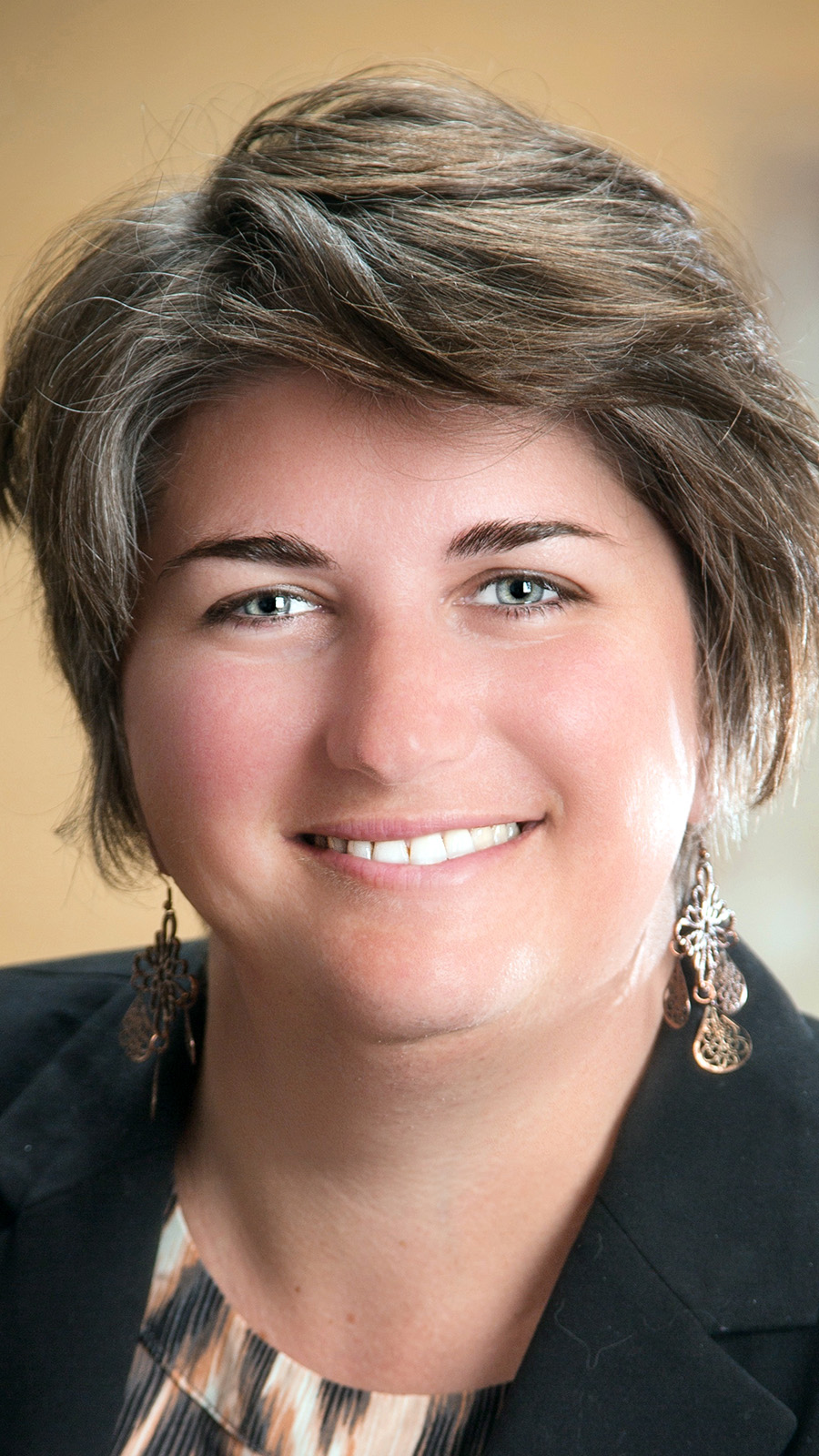
Krystal Westfahl of the Minocqua chamber said tourism is booming around Wisconsin’s Northwoods in 2021. (Credit: Courtesy of Let’s Minocqua Visitors Bureau + Chamber of Commerce)
“Some of our restaurants were forced to close a few days a week just because of a lack of workers, and lodging is starting to run into a similar issue of finding people to clean rooms,” said Eades about the Bayfield area, adding that any local business could attest to having these issues.
Pier Plaza, a hotel, bar and restaurant right near the shore of Lake Superior on the Bayfield waterfront, has felt that pinch in all aspects of its business.
“I need housekeepers. I need dishwashers. I can’t find people for our front desk,” said co-owner Sharon Johnson, who has had the small business in her family for four generations since opening in 1937.
Johnson said she can’t say enough about her core crew of employees, adding she doesn’t think low wages are a contributing factor in the Bayfield area.
“We paid a good wage before COVID, so it’s very difficult when you’re in an area like this where tourism is the industry,” Johnson said. “It gets very frustrating because now you’re like, ‘Oh my goodness, how am I going to get through this tunnel?'”
Although Cristina Jones and her husband, Stephen, have owned the Fish Creek Market in Door County for a much shorter amount of time, they’re quickly learning the boom-and-bust rhythms of that area’s tourism industry.
“It’s a perennial challenge up here,” Jones said.
Jones added the growth in traffic in 2021 is compounding the issue.
“It’s definitely a challenge to find enough people to work with the volume of guests and customers that we’re seeing this year,” she said.
“In general, Wisconsin has had a labor shortage pre-pandemic and now because the demand is back for travel, we’re back at that stage for not having enough employees,” said Julia Hertel, executive director of Destinations Wisconsin, a tourism trade group.
Indeed, Wisconsin as a whole has seen a higher supply of jobs available than workers to fill them as well as historically low unemployment rates.
“For probably six or seven years I’ve been working on this issue, basically putting Band-Aids over the problems,” Westfahl said about Minocqua.
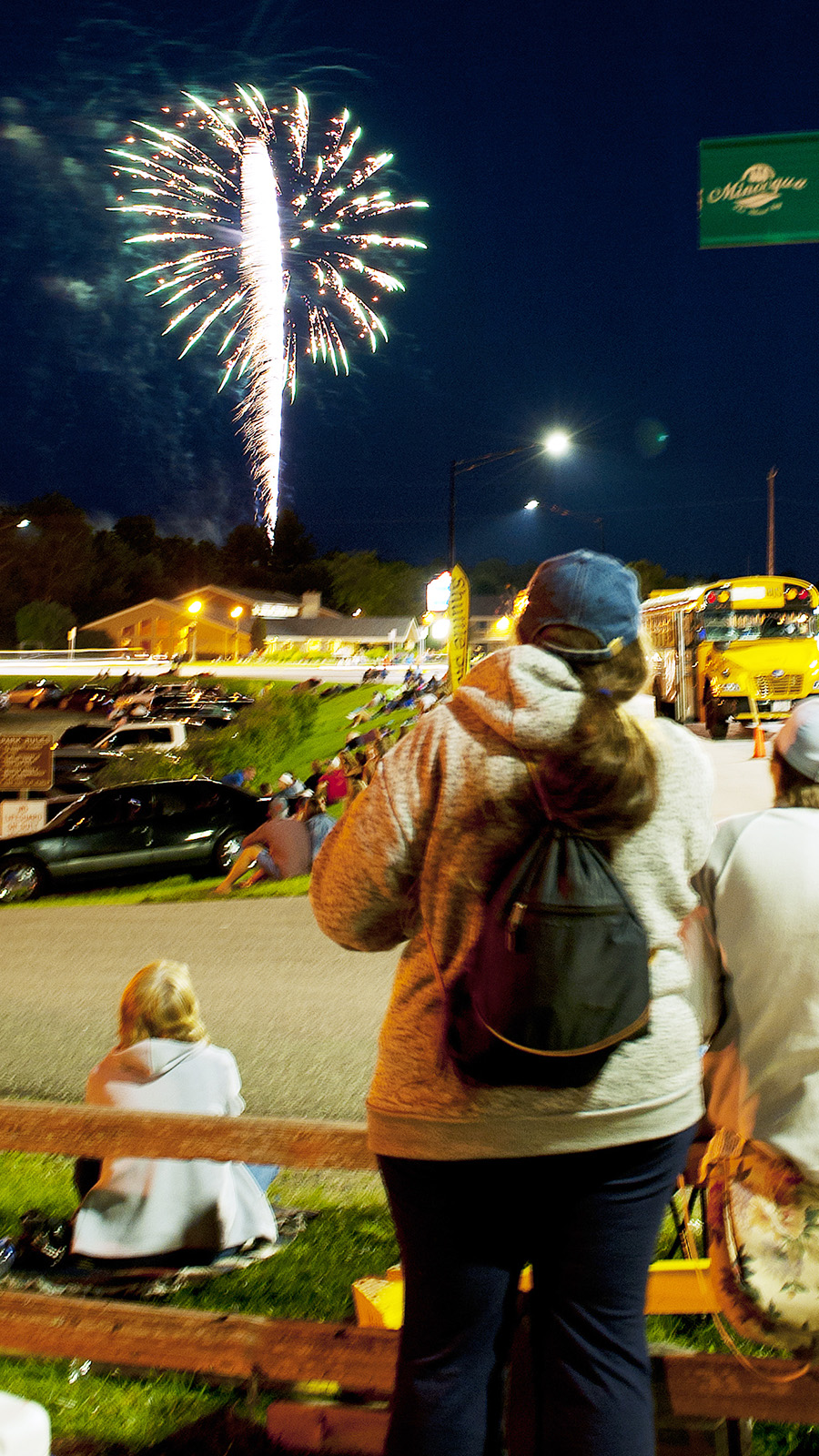
Fourth of July revelers watch a fireworks display over Minocqua. (Credit: Courtesy of Let’s Minocqua Visitors Bureau + Chamber of Commerce)
Westfahl emphasizes another dilemma is quietly creeping up on many communities like hers and will only continue to make matters worse: a lack of affordable housing.
“We also have a boom in real estate and it’s pricing out affordable homes and we’re already strapped with apartment rentals,” the Minocqua chamber leader said. “We’re already kind of bursting at the seams.”
The housing supply continues to choke as those who can afford to buy homes are using them as vacation rentals or tearing more affordable houses down to build larger ones. There’s a similar dynamic in Door County, where workers are having trouble finding places to live due to spiking real estate prices.
For the Minocqua area, Westfahl believes wages are fair, giving an example of a starting wage of $16 per hour at a McDonald’s on Highway 51, but even fair wages couldn’t afford the housing options in the area.
To help plan for the future, the Let’s Minocqua Visitors Bureau + Chamber of Commerce are planning to hire an outside consulting firm to do a feasibility study and find solutions for sustainable growth.
“I don’t think there’s one silver bullet that’s going to solve this problem,” Westfahl said.
In the meantime, tourist communities around Wisconsin are bearing down and trying to figure out how to ride the summer wave.
“Our industry is trying to do their best and has all hands on deck as much as possible. They’re trying to find creative ways to meet the demand that is definitely out there,” said Hertel of Destinations Wisconsin.
Westfahl can attest to finding creative solutions, saying a local hotel and a local restaurant have joined forces and their employees are sharing some hours between both businesses.
“It is amazing to see. We love that we have it happening, but we’re also feeling the heat. We’re trying to make sure that we’re not burning out and that we’re providing the best experience for people when they come because we don’t want them to feel like they’re being shorted in any way,” she said.
“We just hope our visitors understand the shortage and are patient with our tourism businesses,” Hertel said.
Fish Creek Market owner Cristina Jones, who is relatively new to the area and traded a big-city life to own a “main street” business, feels the backing of the community.
“It’s been fun and cool to see the support and build connections with people here and then to meet new people. It’s been really reassuring in the midst of so much uncertainty,” Jones said.
Bayfield’s chamber director echoed that sentiment.
“We’re being as optimistic as we can. We are grateful that tourism has picked up as well as it has, it’s just unfortunate that it’s become this kind of double-edged sword,” Eades said.
“One thing I’ve heard around town is that, ‘We’re all in this together, and we can figure this out,'” he added. “So that’s what we’re trying to do.”
 Passport
Passport




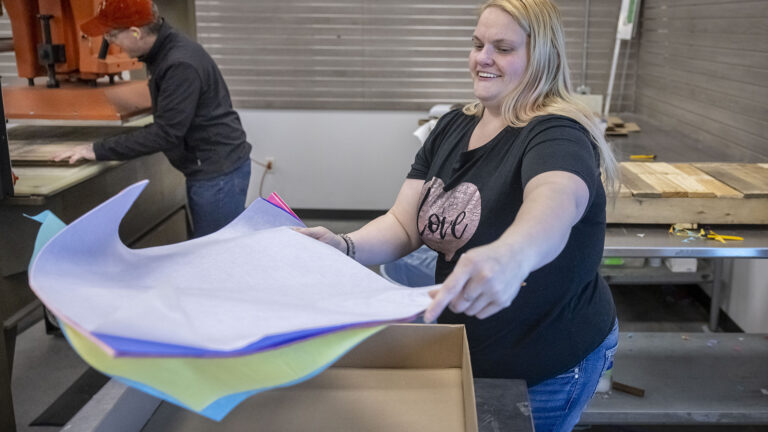

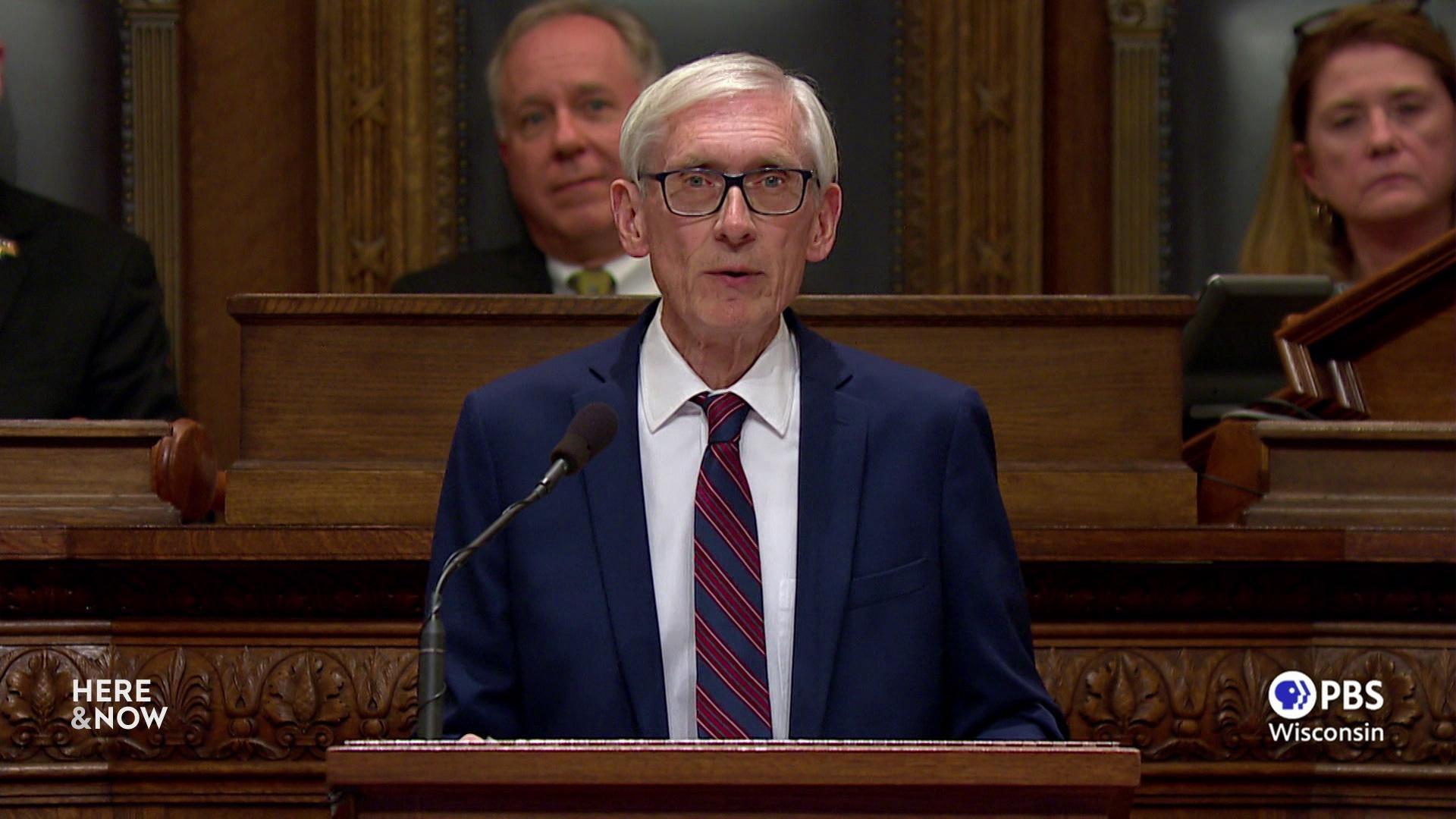
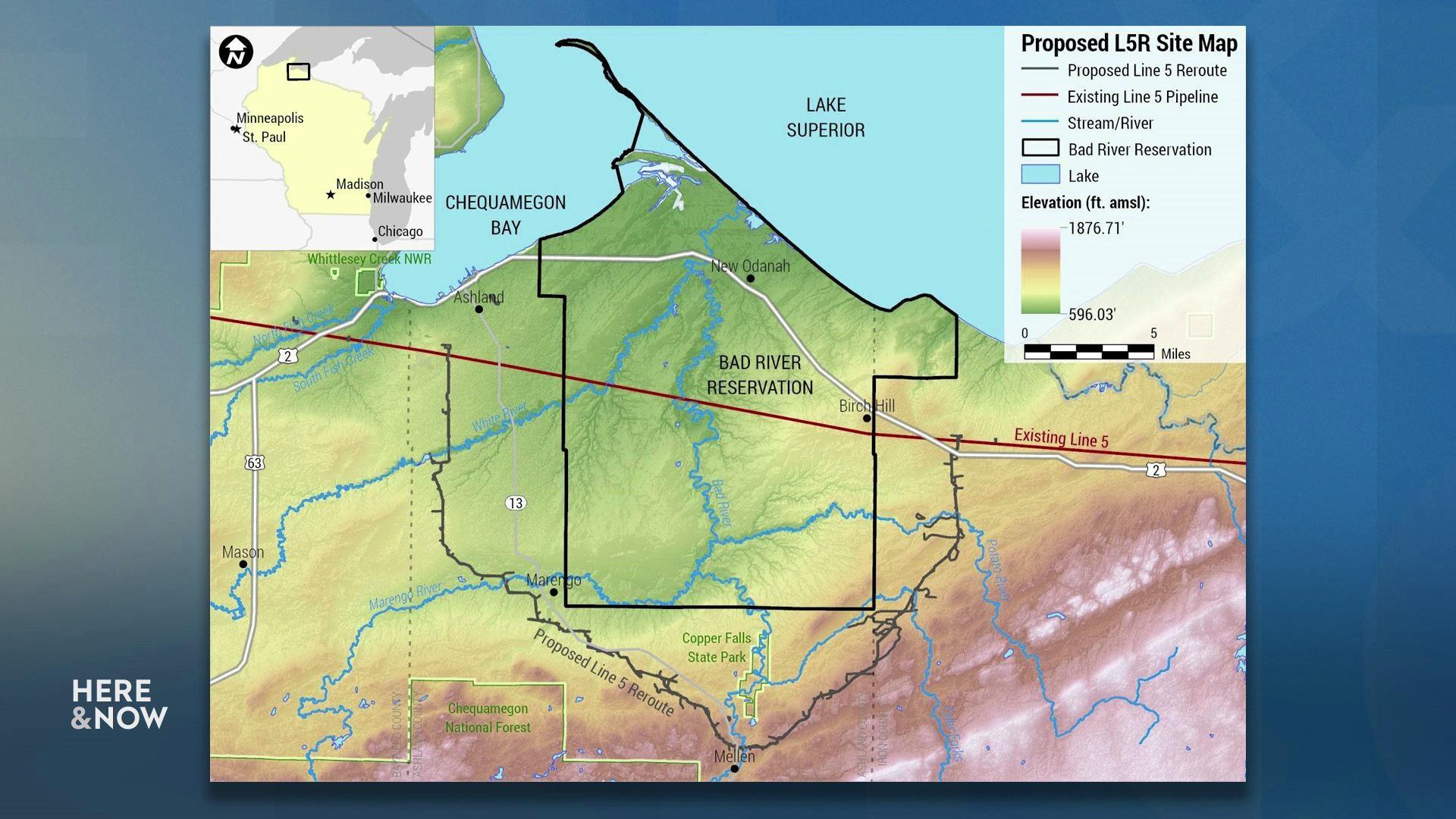



Follow Us